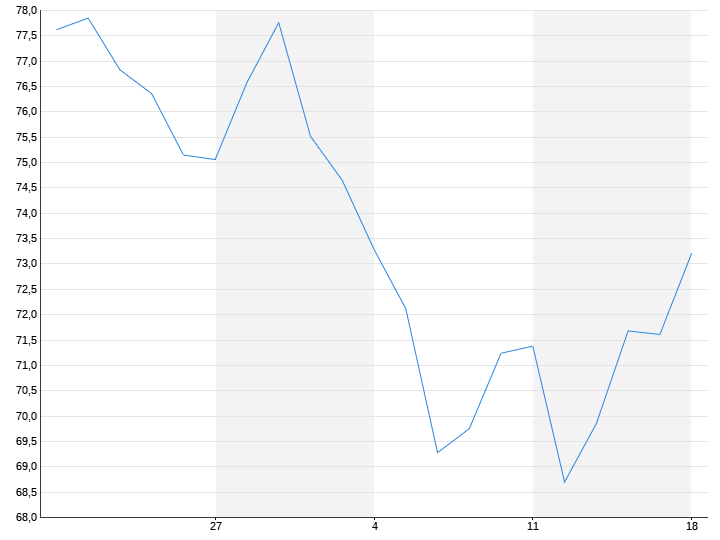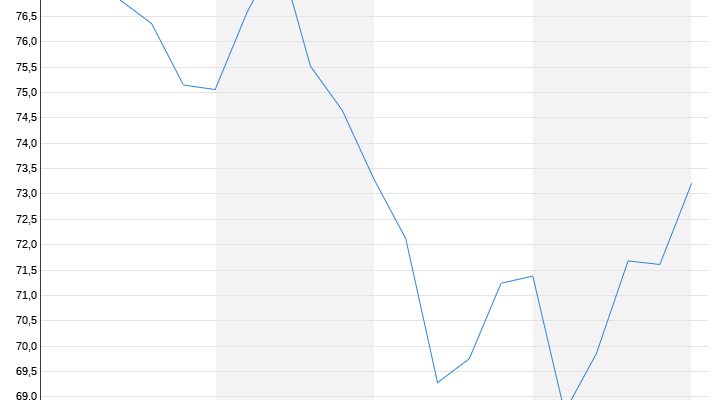Route no longer safe
Oil giant BP stops trips through the Red Sea
December 18, 2023, 3:19 p.m
Listen to article
This audio version was artificially generated. More info | Send feedback
Attacks by Houthi rebels on container ships are forcing major shipping companies to rethink their approach. Oil giant BP also believes that the route through the Suez Canal is too dangerous to continue transport by sea. Other shipping companies take a long detour.
After a series of attacks by Yemen’s Houthi rebels on ships in the Red Sea, the energy company BP has stopped all tanker trips through the sea between northeast Africa and the Arabian Peninsula. BP joins several major shipping companies that have taken similar measures in recent days.
“In view of the deteriorating security situation for shipping in the Red Sea, BP has decided to temporarily suspend all transit voyages through the Red Sea,” the London-based energy company said. The decision will be continually reviewed as the situation in the region changes.
In recent weeks, shipowners have faced increased risk transporting goods across the region as Yemen’s Houthi forces attacked merchant ships. On Friday, the large shipping and logistics groups AP Moller-Maersk and Hapag-Lloyd had already stopped transiting through the southern entrance to the Red Sea after attacks on their ships. The French shipping company CMA CGM followed on Saturday.

The Taiwanese container shipping company Evergreen is also no longer accepting orders from Israel and is suspending its ships’ journeys through the Red Sea until further notice. Ships in the region would navigate to safe waters, freighters traveling through the Red Sea would be rerouted via the Cape of Good Hope at the southern tip of Africa, the shipping company said. Hapag-Lloyd also wants to take the detour via the South African Cape, the liner shipping company said. “This will continue until passage through the Suez Canal and the Red Sea is safe again for ships and their crews.”
The uncertainty among shipping companies is also noticeable in the price of oil. At the beginning of the new week, these rose moderately. On Monday morning, a barrel (159 liters) of North Sea Brent for delivery in February cost $77.07. That was 52 cents more than on Friday. The price for a barrel of American West Texas Intermediate (WTI) for January delivery rose 55 cents to $71.98.
